MELATONIN - ORAL
PHONETIC PRONUNCIATION:
GENERIC NAME(S): melatonin
Uses
USES: Melatonin has been used for short-term treatment of trouble sleeping (insomnia) due to sleep cycle disorders and time changes ("jet lag"). This product may help you fall asleep faster and decrease the number of times you awaken during the night. It may also help you sleep for a longer time. Melatonin is a substance that your body normally makes. It is thought to help your body's regular daily cycle, hormone production, and sleep patterns. Some herbal/diet supplement products have been found to contain possibly harmful impurities/additives. Check with your pharmacist for more details regarding the particular brand you use. The FDA has not reviewed this product for safety or effectiveness. Consult your doctor or pharmacist for more details.
How to use MELATONIN - ORAL
HOW TO USE: This product is taken by mouth with or without food, usually before bedtime or as directed by the package label. Follow all directions on the product package. If you are uncertain about any of the information, consult your doctor or pharmacist. Do not take a dose of this drug unless you have time for at least 6 to 8 hours of sleep after taking this medication. Dosage is based on your age, medical condition, and response to treatment. If you are taking the extended-release tablets, do not crush or chew them. Doing so can release all of the drug at once, increasing the risk of side effects. Also, do not split extended-release tablets unless they have a score line and your doctor or pharmacist tells you to do so. Swallow the whole or split tablet without crushing or chewing. If you are using the chewable form, chew thoroughly before swallowing. If you are using a liquid form, carefully measure your dose using a medication-measuring device or spoon. Do not use a household spoon because you may not get the correct dose. Some brands of this medication should be shaken well before each use. If you are using the rapidly dissolving tablets, dry your hands before handling the tablet. Some brands are meant to be placed on the tongue, while others are placed under the tongue. Follow your brand's directions for placing your dose either on or under the tongue. Allow it to dissolve completely, then swallow it with saliva. You do not need to take this medication with water. This medication may start to work within 30 minutes. If your condition persists or worsens, or if you think you may have a serious medical problem, seek immediate medical attention.
Side Effects
Precautions
Interactions
Overdose
Images
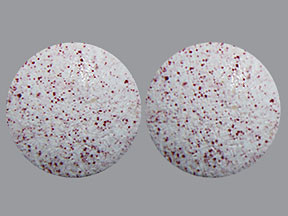
- color
- white-red speckled
- shape
- round
- imprint
Reviews
Faq for MELATONIN - ORAL
Melatonin is a hormone naturally produced by the pineal gland in the brain that helps regulate sleep-wake cycles. It plays a crucial role in promoting healthy sleep patterns.
Melatonin is commonly used as an over-the-counter sleep aid to help individuals with sleep problems, such as insomnia or jet lag. It can also be used to establish a regular sleep schedule for shift workers or to help treat sleep disorders in children.
Melatonin is typically taken orally as a tablet or capsule. The dosage and timing will depend on the individual and the specific sleep issue being addressed. It's best to follow the instructions on the product packaging or consult a healthcare professional for personalized guidance.
Melatonin is generally considered safe for short-term use when taken at the appropriate dosage. Most people tolerate it well, but some individuals may experience side effects such as drowsiness, headache, or nausea. It's recommended to start with a low dosage and gradually increase if needed.
It's always advisable to consult a healthcare professional before taking melatonin alongside any other medications or supplements. Melatonin may interact with certain medications, including blood thinners, sedatives, and antidepressants. It's important to discuss potential interactions and get personalized advice.
Melatonin is not considered addictive, and there is no evidence to suggest that it leads to dependency or withdrawal symptoms when discontinued. However, prolonged and excessive use may disrupt the body's natural production of melatonin, which can affect sleep patterns in the long run.
Melatonin can be used to treat sleep disorders in children, but it's essential to consult a pediatrician before giving melatonin to a child. Pediatricians can provide appropriate dosage recommendations based on the child's age, weight, and specific sleep issue.
Melatonin can be helpful for certain sleep issues, particularly those related to the circadian rhythm or temporary sleep disruptions like jet lag. However, it may not be effective for all types of sleep problems, such as chronic insomnia or sleep apnea. In such cases, a healthcare professional may recommend alternative treatments or therapies.
The long-term effects of melatonin use are not fully known. However, most research suggests that short-term use is relatively safe. It's always advisable to use melatonin as directed and to consult a healthcare professional if you have any concerns about long-term use.
Disclaimer
IMPORTANT: HOW TO USE THIS INFORMATION: This is a summary and does NOT have all possible information about this product. This information does not assure that this product is safe, effective, or appropriate for you. This information is not individual medical advice and does not substitute for the advice of your health care professional. Always ask your health care professional for complete information about this product and your specific health needs.
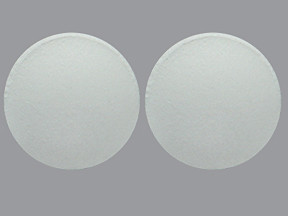
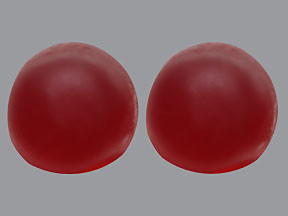
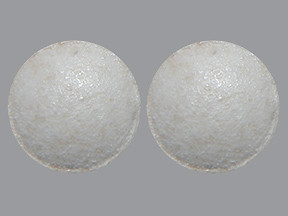
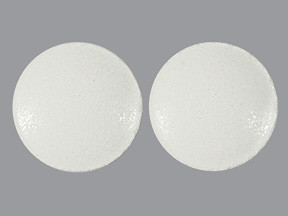
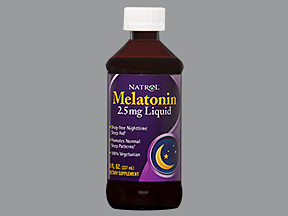
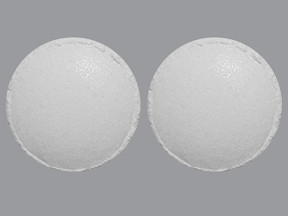
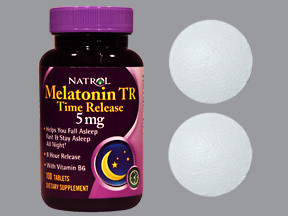
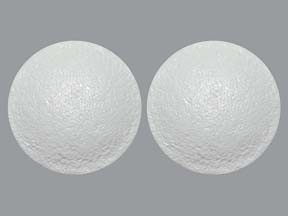
No Reviews Yet